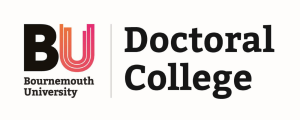
On Wednesday 7 March 2018 the Doctoral College hosted the 10th Annual Postgraduate Research Conference which was a huge success with lots of positive feedback from students and staff alike. We are happy to announce the category winners below. Well done to everyone who took part!
Oral Presentations:
1st Prize Mark Stevens (Advancing a social identity approach to understanding physical activity: preliminary evidence from parkrun, Faculty of Management)
2nd Prize Stephen Allard (The intimate masses: poetry and emerging new concepts of ‘Netiquette’ in online environments, Faculty of Media and Communication)
3rd Prize Louise Oliver (Child-parent-violence and abuse: lifting the veil of secrecy, Faculty of Health and Social Sciences)
Poster Presentations:
1st Prize Giulia Levi (Between silence and agitation – coping strategies and third-party interventions in divided societies: a comparison between post-conflict Bosnia and post-referendum UK, Faculty of Health and Social Sciences)
2nd Prize Amal Musa Almoualed (Saudi women journalists – an exploration of their roles and practices in an age of social media, Faculty of Media and Communication)
3rd Prize Ejike T. Ezeh (Shared decision-making: web-based information tool to support treatment choices of people with advanced pancreatic cancer, Faculty of Health and Social Sciences)
Photography:
Winner Nurist S. Ulfa (The paradox of Muslim girl’s freedom of experimentation in girl games: when the digital virtual consumption practices and the religious norms are predominantly discordant, Faculty of Media and Communication)
We would also like to say a special thank you to the following people for their invaluable contribution to the day.
Opening Remarks
Professor John Fletcher, Pro-Vice-Chancellor for Research & Innovation (Office of the Vice-Chancellor)
Keynote Address
Professor Lee Miles, Professor of Crisis & Disaster Management (Faculty of Management)
Guest Speakers – Deputy Deans for Research & Professional Practice
Professor Vanora Hundley (Faculty of Health and Social Sciences)
Professor Michael Silk (Faculty of Management)
Professor Iain MacRury (Faculty of Media and Communication)
Professor Tiantian Zhang (Faculty of Science and Technology)
PGR Chairs
Clare Gordon (Faculty of Health and Social Sciences)
Sara Glithro (Faculty of Health and Social Sciences)
Ella Onyinye Ejime (Faculty of Management)
Duncan Ki-Aries (Faculty of Science and Technology)
Judging Panel – Oral Presentations
Professor Alison McConnell (Faculty of Health and Social Sciences)
Dr Sue Way (Faculty of Health and Social Sciences)
Dr Vanessa Heaslip (Faculty of Health and Social Sciences)
Professor Adam Blake (Faculty of Management)
Dr Daniel Lock (Faculty of Management)
Dr Einar Thorsen (Faculty of Media and Communication)
Professor Marcin Budka (Faculty of Science and Technology)
Judging Panel – Poster and Photography Exhibition
Jane Healy (Faculty of Health and Social Sciences)
Professor George Filis (Faculty of Management)
Professor Candida Yates (Faculty of Media and Communication)
Dr Christos Gatzidis (Faculty of Science and Technology)
 The Doctoral College would like to present the April monthly update.
The Doctoral College would like to present the April monthly update.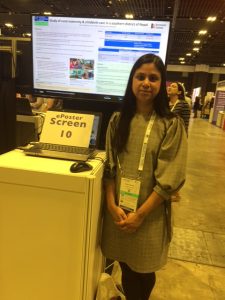
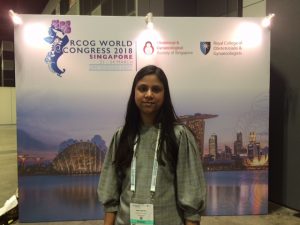

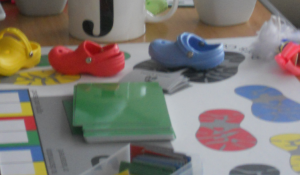
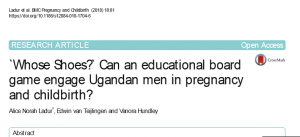


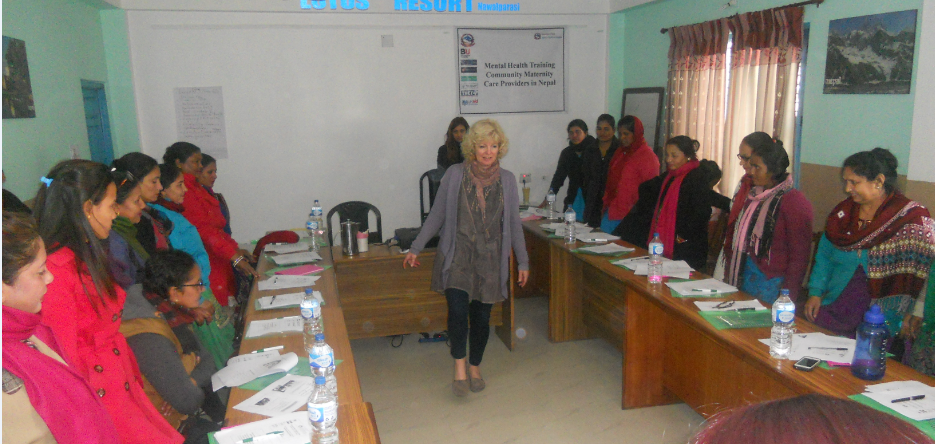

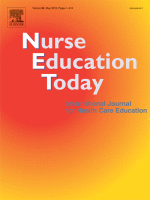
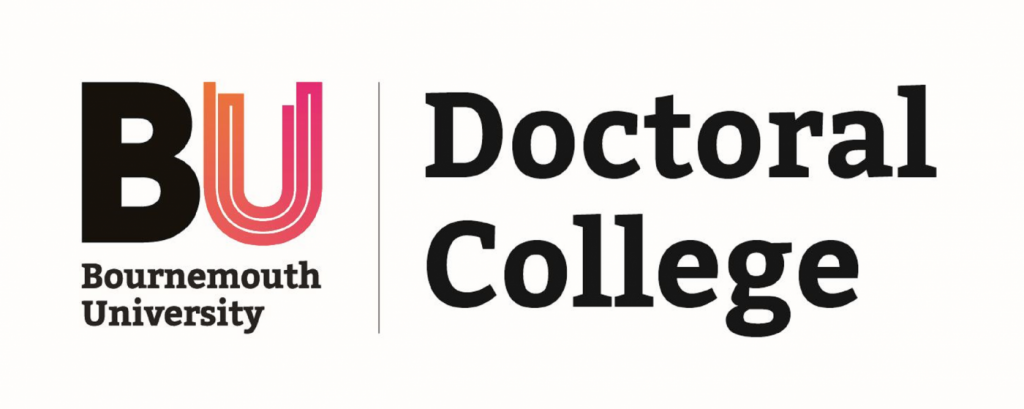
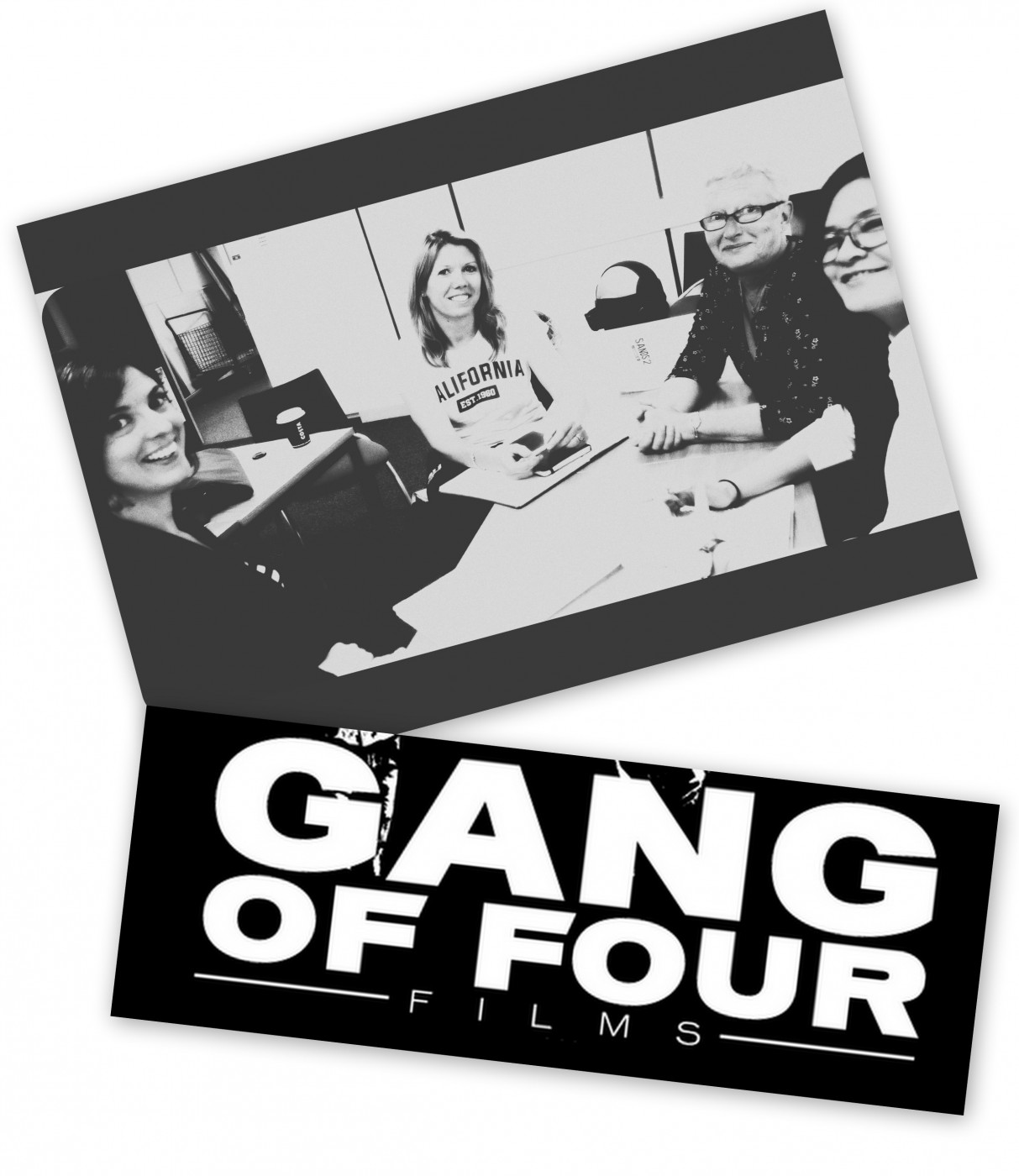

 Join us for this
Join us for this 
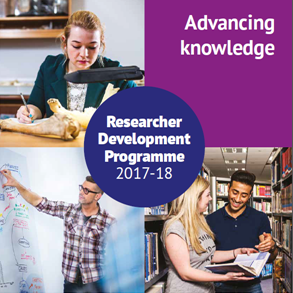

 Connected Nation Pioneers is an exciting partnership between the
Connected Nation Pioneers is an exciting partnership between the 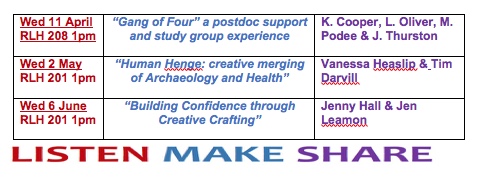
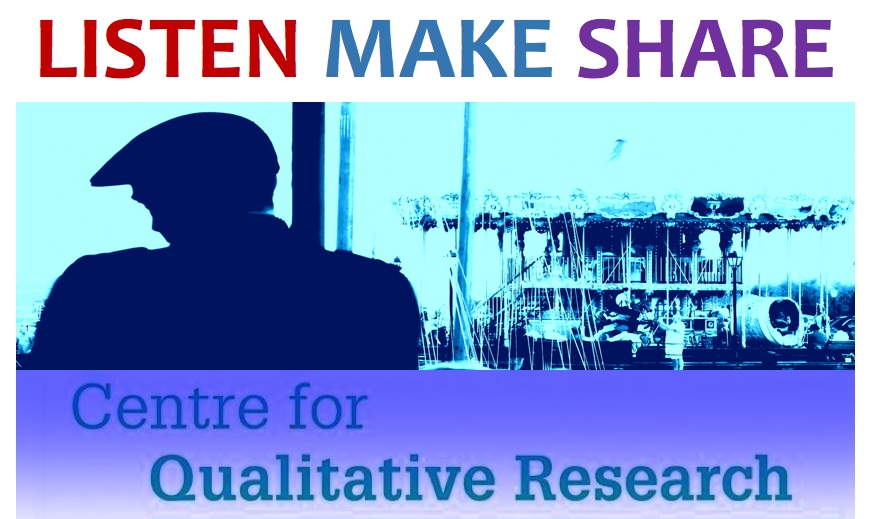


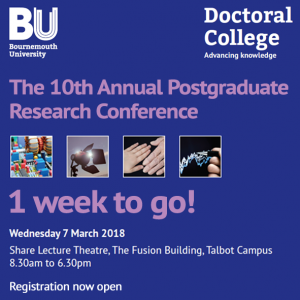 The Doctoral College kindly invites you to attend the 10th Annual Postgraduate Research Conference taking place in the Fusion Building, Talbot Campus.
The Doctoral College kindly invites you to attend the 10th Annual Postgraduate Research Conference taking place in the Fusion Building, Talbot Campus. Since then the research project was invited to contribute a chapter to a book related to the topics from the Symposium, which is due out this summer (see below for further details).
Since then the research project was invited to contribute a chapter to a book related to the topics from the Symposium, which is due out this summer (see below for further details).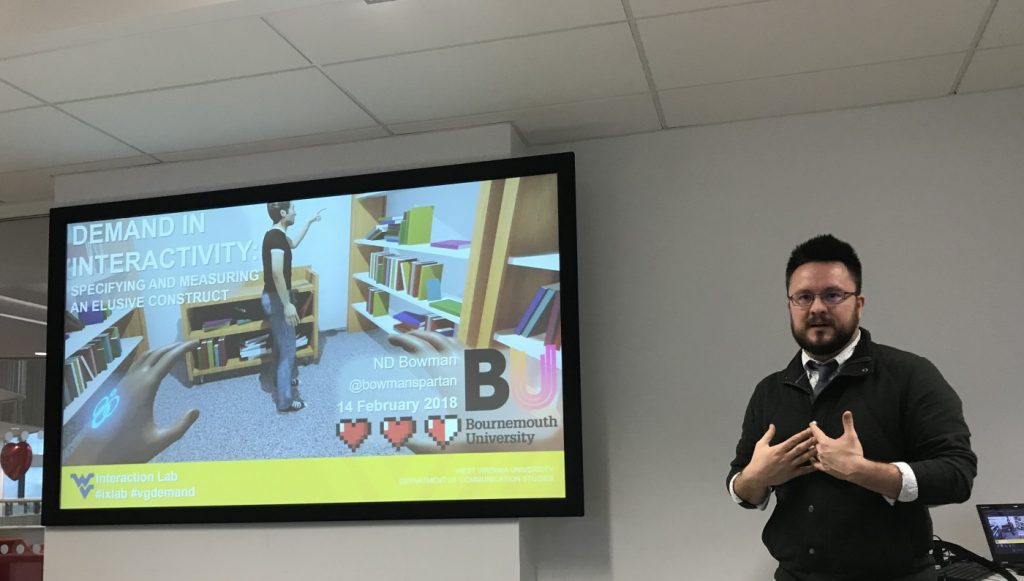











 REF Code of Practice consultation is open!
REF Code of Practice consultation is open! BU Leads AI-Driven Work Package in EU Horizon SUSHEAS Project
BU Leads AI-Driven Work Package in EU Horizon SUSHEAS Project Evidence Synthesis Centre open at Kathmandu University
Evidence Synthesis Centre open at Kathmandu University Expand Your Impact: Collaboration and Networking Workshops for Researchers
Expand Your Impact: Collaboration and Networking Workshops for Researchers ECR Funding Open Call: Research Culture & Community Grant – Apply now
ECR Funding Open Call: Research Culture & Community Grant – Apply now ECR Funding Open Call: Research Culture & Community Grant – Application Deadline Friday 12 December
ECR Funding Open Call: Research Culture & Community Grant – Application Deadline Friday 12 December MSCA Postdoctoral Fellowships 2025 Call
MSCA Postdoctoral Fellowships 2025 Call ERC Advanced Grant 2025 Webinar
ERC Advanced Grant 2025 Webinar Update on UKRO services
Update on UKRO services European research project exploring use of ‘virtual twins’ to better manage metabolic associated fatty liver disease
European research project exploring use of ‘virtual twins’ to better manage metabolic associated fatty liver disease